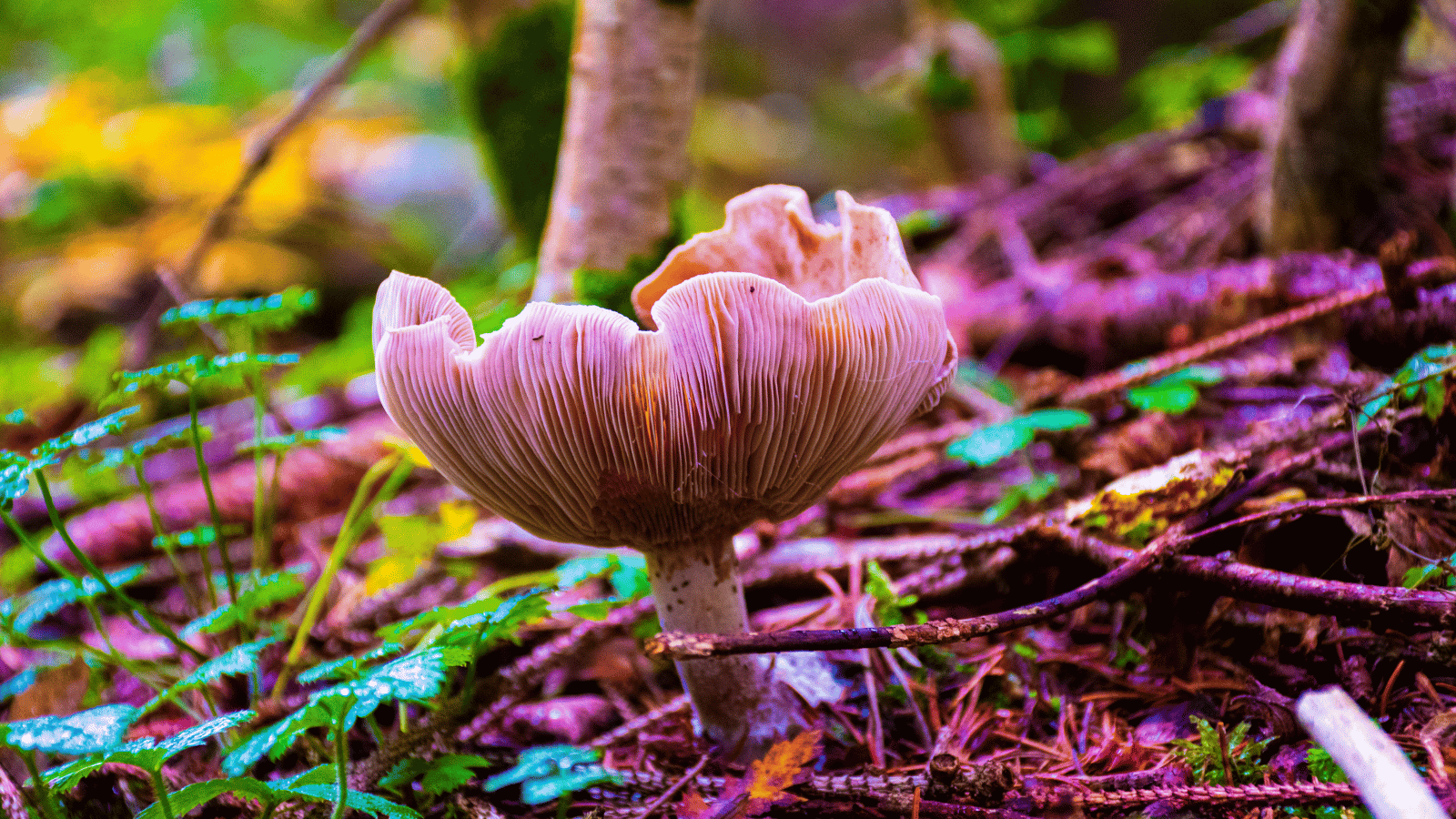

Non-Nootropic Functional Mushrooms And Their Benefits
Functional mushrooms have been used for their health benefits in traditional medicine practices for centuries. These mushrooms contain various bioactive compounds that may have immune-modulating, anti-inflammatory, antioxidant, and anticancer properties. Here are some of the most commonly known non-nootropic functional mushrooms, along with where they are found and their benefits:
-
Reishi: Reishi mushrooms, also known as Ganoderma lucidum, are native to Asia and have been used in traditional Chinese medicine for centuries. These mushrooms are known for their immune-boosting properties, as well as their ability to reduce inflammation and improve sleep quality. Reishi mushrooms contain polysaccharides, triterpenes, and beta-glucans that have been shown to have potential anticancer properties, as well as support liver function and cardiovascular health.
-
Shiitake: Shiitake mushrooms, also known as Lentinula edodes, are native to East Asia and have been used in traditional medicine for thousands of years. These mushrooms are rich in beta-glucans, which have been found to boost the immune system and reduce inflammation. Shiitake mushrooms also contain polysaccharides and triterpenes that have been shown to have potential anticancer properties. In addition, shiitake mushrooms may have potential benefits for cardiovascular health, bone health, and cognitive function.
-
Maitake: Maitake mushrooms, also known as Grifola frondosa, are native to Japan and have been used in traditional medicine for centuries. These mushrooms are known for their immune-boosting properties, as well as their potential to lower blood sugar levels and reduce inflammation. Maitake mushrooms contain beta-glucans and polysaccharides that have been shown to have potential anticancer properties, as well as support cardiovascular health and improve liver function.
-
Turkey tail: Turkey tail mushrooms, also known as Trametes versicolor, are found all over the world and have been used in traditional medicine for thousands of years. These mushrooms are known for their immune-boosting properties, as well as their potential to improve gut health and reduce inflammation. Turkey tail mushrooms contain polysaccharides, beta-glucans, and triterpenes that have been shown to have potential anticancer properties, as well as support cardiovascular health and improve liver function.
-
Chaga: Chaga mushrooms, also known as Inonotus obliquus, are found in cold climates, including Russia, Siberia, and parts of North America. These mushrooms are known for their antioxidant and anti-inflammatory properties, as well as their potential to support the immune system and protect against cognitive decline. Chaga mushrooms contain betulinic acid, polysaccharides, and triterpenes that have been shown to have potential anticancer properties, as well as support liver function and improve cardiovascular health.
Overall, functional mushrooms offer a wide range of health benefits, including immune support, anti-inflammatory effects, and potential anticancer properties. These mushrooms can be consumed in a variety of forms, including as supplements, teas, or in culinary dishes. As with any supplement, it's important to consult with a healthcare provider before using functional mushrooms, especially if you have a medical condition or are taking medication.
